The advent of nanotechnology has ushered in a new era of innovation in various industries, and agriculture is no exception. Nano in agriculture refers to the application of nanotechnology to improve crop production, enhance nutrient uptake, and mitigate the environmental impact of farming practices. As the global population continues to grow, the need to maximize agricultural productivity while minimizing resource consumption becomes paramount. In this article, we explore the opportunities and challenges associated with harnessing the power of nano in agriculture. Increasing Crop Yield: One of the significant benefits of incorporating nanotechnology in agriculture is the potential to increase crop yield. Nano-sized particles can be applied to seeds, plants, or soils to enhance nutrient absorption, water retention, and disease resistance. Nano-fertilizers, for instance, provide nutrients to crops in a more controlled manner, resulting in improved nutrient uptake efficiency and reduced wastage.
.
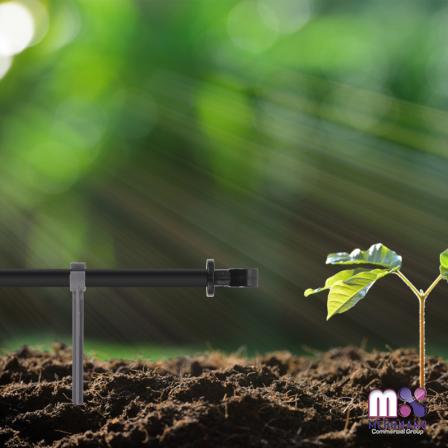 Furthermore, nanosensors embedded in the soil can monitor and regulate nutrient levels to optimize plant growth and minimize nutrient deficiencies. Enhanced Precision Farming: Nano in agriculture enables farmers to practice precision farming, which involves tailoring agricultural practices to specific crop requirements, resulting in minimized waste and enhanced productivity. Nanoscale sensors and monitoring devices can collect real-time data on various environmental factors, such as temperature, moisture, and pH levels, enabling farmers to make informed decisions about irrigation, fertilizer application, and pest management. This data-driven approach optimizes resource allocation, reduces input costs, and promotes sustainable farming practices. Improved Crop Protection: Nano in agriculture also offers promising possibilities in crop protection. Nanotechnology-based formulations, such as nanopesticides, can provide a more targeted and controlled release of active ingredients, ensuring effective pest control while minimizing potential harm to non-target organisms and the environment.
Furthermore, nanosensors embedded in the soil can monitor and regulate nutrient levels to optimize plant growth and minimize nutrient deficiencies. Enhanced Precision Farming: Nano in agriculture enables farmers to practice precision farming, which involves tailoring agricultural practices to specific crop requirements, resulting in minimized waste and enhanced productivity. Nanoscale sensors and monitoring devices can collect real-time data on various environmental factors, such as temperature, moisture, and pH levels, enabling farmers to make informed decisions about irrigation, fertilizer application, and pest management. This data-driven approach optimizes resource allocation, reduces input costs, and promotes sustainable farming practices. Improved Crop Protection: Nano in agriculture also offers promising possibilities in crop protection. Nanotechnology-based formulations, such as nanopesticides, can provide a more targeted and controlled release of active ingredients, ensuring effective pest control while minimizing potential harm to non-target organisms and the environment.
..
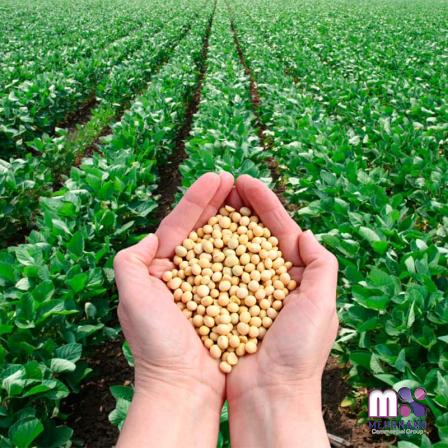 Additionally, nanocoatings can be applied to seeds, helping to protect them from diseases, pests, and adverse environmental conditions. Such innovations in crop protection not only reduce chemical usage but also enable sustainable farming practices. Sustainable Water Management: Water scarcity remains a significant challenge for global agriculture. Nano in agriculture offers potential solutions for efficient water management. Nanoscale materials, such as hydrogels, can be applied to soils or incorporated into irrigation systems to improve water retention and reduce evaporation, thereby optimizing water usage. Nanotechnology-based desalination techniques also hold promise in converting saline water into freshwater, expanding the availability of irrigation resources. Challenges and Future Outlook: While the potential benefits of nano in agriculture are abundant, challenges must be addressed before widespread adoption can occur. Safety concerns regarding the impact of nanomaterials on human health, the environment, and ecosystem dynamics demand thorough investigation.
Additionally, nanocoatings can be applied to seeds, helping to protect them from diseases, pests, and adverse environmental conditions. Such innovations in crop protection not only reduce chemical usage but also enable sustainable farming practices. Sustainable Water Management: Water scarcity remains a significant challenge for global agriculture. Nano in agriculture offers potential solutions for efficient water management. Nanoscale materials, such as hydrogels, can be applied to soils or incorporated into irrigation systems to improve water retention and reduce evaporation, thereby optimizing water usage. Nanotechnology-based desalination techniques also hold promise in converting saline water into freshwater, expanding the availability of irrigation resources. Challenges and Future Outlook: While the potential benefits of nano in agriculture are abundant, challenges must be addressed before widespread adoption can occur. Safety concerns regarding the impact of nanomaterials on human health, the environment, and ecosystem dynamics demand thorough investigation.
…
 Additionally, high production costs, regulatory governance, and public acceptance are factors that need to be considered to foster innovation and ensure responsible implementation. Conclusion: Harnessing the power of nanotechnology in agriculture opens up new avenues to address the pressing challenges facing modern farming. By optimizing resource utilization, improving crop yield, and reducing environmental impact, nano in agriculture holds immense potential to transform the future of farming. As research and development continue to unravel the full potential of nanotechnology, collaboration between scientists, policymakers, and farmers is crucial to facilitate its responsible integration into agricultural practices, ensuring sustainable and efficient food production to meet the demands of a growing global population.
Additionally, high production costs, regulatory governance, and public acceptance are factors that need to be considered to foster innovation and ensure responsible implementation. Conclusion: Harnessing the power of nanotechnology in agriculture opens up new avenues to address the pressing challenges facing modern farming. By optimizing resource utilization, improving crop yield, and reducing environmental impact, nano in agriculture holds immense potential to transform the future of farming. As research and development continue to unravel the full potential of nanotechnology, collaboration between scientists, policymakers, and farmers is crucial to facilitate its responsible integration into agricultural practices, ensuring sustainable and efficient food production to meet the demands of a growing global population.



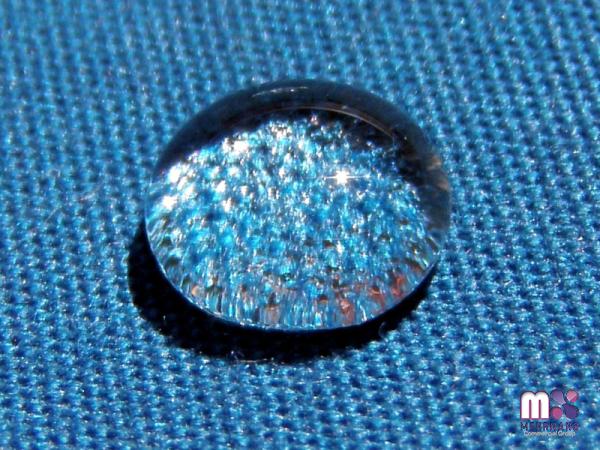



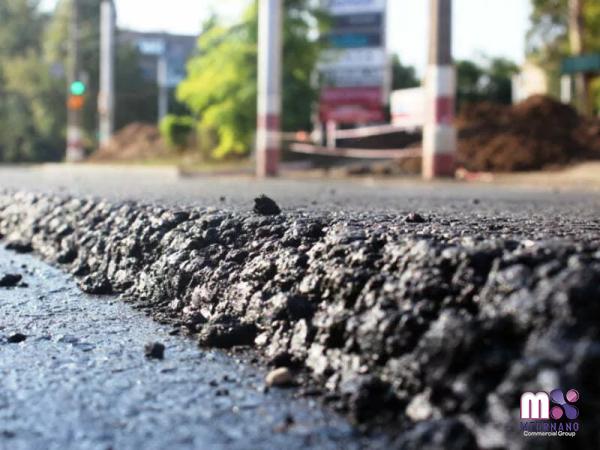

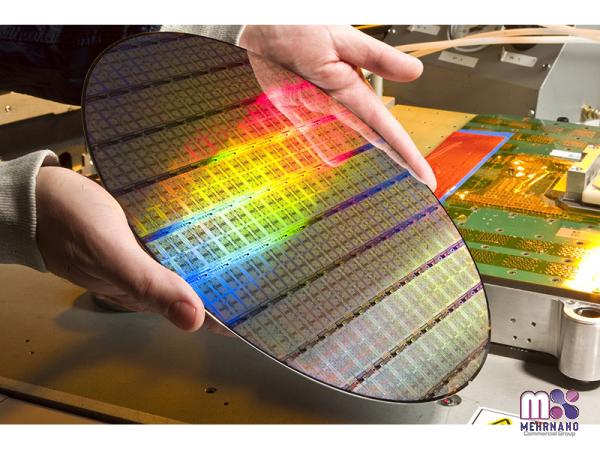

Your comment submitted.